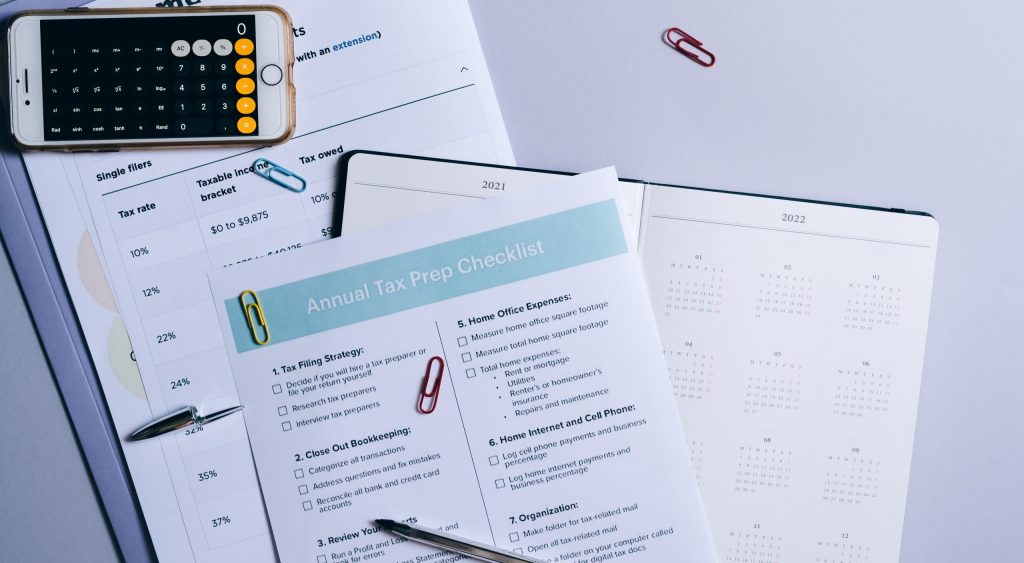When you are opening your first company, there are so many tasks going on in your mind that it’s difficult to know where to start and which ones are truly essential. In this article, we’ll give you 6 tips on how to open your first company smoothly.
1. Start Small And Grow
When starting your first company, it is essential to start small and grow gradually. Trying to do too much too soon can lead to problems and set you back instead of helping you succeed. Starting small will allow you to perfect your processes and procedures before expanding. It will also help you keep costs down as you get your business off the ground.
One way to start small is to only offer a few products or services at first. This way, you can focus on providing quality without having to worry about a large inventory or a lot of customers. As your business grows, you can add more products and services as needed.
Another way to start small is to initially only serve a limited geographic area. Once you have established yourself in that area, you can expand outward as your business grows. Of course, starting small doesn’t mean that you have to stay small forever. As your business grows and becomes more successful, you can gradually begin to expand.
2. Develop Branding
When it comes to opening your first company, one of the most essential things you can do is develop a strong branding strategy. This will ensure that your business stands out from the competition and that customers remember your company name and logo.
Here are a few tips to help you get started:
- Define your brand. What makes your company unique? What are your core values? What message do you want to communicate to your target market?
- Create a memorable logo and tagline. A strong logo will help customers quickly identify your brand, and a catchy tagline will stick in their minds long after they see it.
- Develop an effective marketing strategy. Make sure you are reaching your target market through the channels they use most often, whether that’s social media, television, radio, or print ads.
- Be consistent with your branding. Once you have developed a strong branding strategy, be sure to consistently use it across all of your marketing materials, from website design to business cards and beyond.
3. Create A Virtual Office
One way to keep costs down is by creating a virtual office. A virtual office is an office that exists solely online. You can have employees who work remotely, and you won’t have to worry about the cost of rent or utilities. By clicking here, you can find other reasons why this might be a great option for you. There are a few things you need to keep in mind when creating a virtual office, though.
First, you need to make sure your website is up and running. This is your primary means of communication with clients and customers, so it needs to be professional and easy to navigate.
Next, you need to think about how you’re going to store files and documents. A cloud is a great option for small businesses because it’s cost-effective and easy to use. You can also use document management software like Google Drive or Dropbox Business.
Finally, you need to set up a system for customer service. This can be something as simple as setting up an email address specifically for customer inquiries or creating a FAQ page on your website. If you have the budget for it, you could also hire someone to handle customer service inquiries during regular business hours.
4. Differentiate From The Competition
When you’re first starting out, it can be difficult to stand out from the competition. But differentiating your company is essential to getting ahead.
Here are a few tips to follow:
- Know your audience. Who are you targeting? What needs do they have that you can fill?
- Find your niche. What can you offer that no one else can? What unique perspective do you bring to the table?
- Be clear and concise. When you’re communicating with potential customers, make sure they understand what makes you different and why they should choose you over the competition.
- Deliver on your promises. If you say you’re going to provide a superior product or service, make sure you follow through. This will help build trust and credibility with potential customers.
5. Build A Social Media Presence
When creating the social media for your company, start by creating profiles on the social media platforms your target audience is using. This could be Facebook, Twitter, LinkedIn, Instagram, or any other relevant platform.
Once you have created your profiles, start populating them with high-quality content that will resonate with your target audience. Share blog posts, infographics, images, and other types of content that will help you build a following on these platforms.
As you start to build a presence on social media, make sure to interact with other users on these platforms. Leave comments on relevant blog posts, participate in discussions, and connect with other users who share similar interests.
Keep your social media profiles updated regularly with fresh content to engage your audience. If you can consistently provide value on these platforms, you’ll be well on your way to building a strong social media presence for your business. It is strongly suggested that you hire someone specifically for this position, as you’ll want to keep your social media platforms updated consistently.
Some characteristics of someone who would thrive in this position are:
- Good written and verbal communication skills
- Strong organizational skills
- Creative thinker
- High level of integrity
6. Understand The Tax Burden In The United Kingdom
An important aspect that you’ll need to learn when opening a company is your tax burden. Depending on the structure of your business, you will be responsible for different taxes. It is important to know what taxes you will need to pay and when they are due in order to avoid any penalties.
The first step is to determine the type of business entity you have selected for your company. This will determine what taxes you are responsible for and how they are filed. For example, sole proprietorships and partnerships are taxed differently than corporations. There’s another type of legal entity that has become popular in recent years for liability protection in US: an LLC. While an LLC isn’t recognized as a distinct legal entity in the UK, you can still get a US-based LLC with the help of a registered agent, such as the Northwest Registered agent, and operate your company from the UK.
Once you know the type of business entity, you can research the specific taxes that apply to your situation.
There are a number of different taxes that you will need to pay as a business owner in the UK.
These include:
- Corporate Tax: This is a tax on profits made by companies. The rate of corporation tax in the UK is 19%.
- Value Added Tax (VAT): This is a consumption tax that is applied to goods and services sold in the UK. The standard VAT rate in the UK is 20%. However, there are some items that are exempt from VAT, such as food and children’s clothes.
- Employment Taxes: If you employ staff in your business, you will need to pay employment taxes. These include National Insurance Contributions (NICs) and PAYE, which is pay-as-you-earn.
- Self-Assessment Tax: If you are self-employed or a director of a company, you will need to complete a Self-Assessment Tax return. This is a tax return that is used to calculate how much tax you need to pay.
Final Thoughts
Starting your own company is a huge undertaking, but it can be an incredibly rewarding experience. Hopefully, these tips have helped you get started on the right foot and set you up for success.




